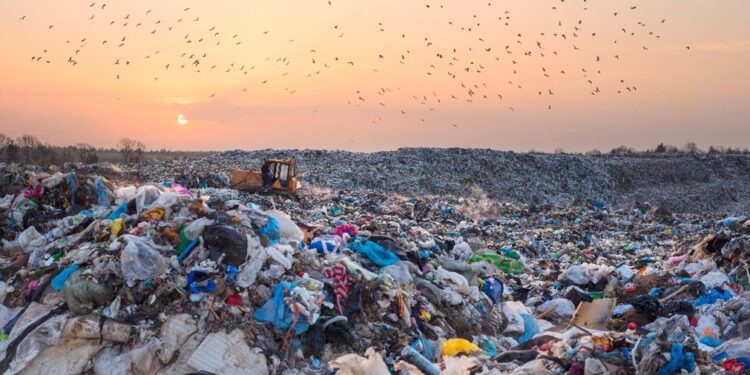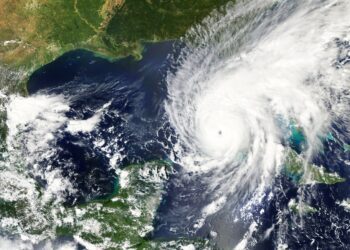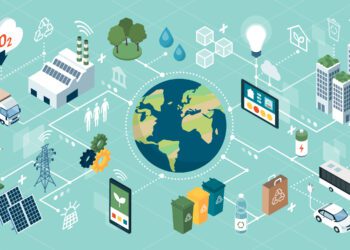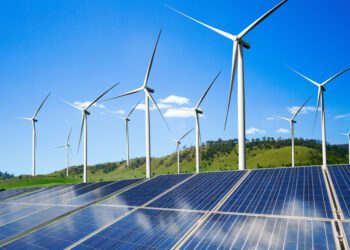Food loss and waste is estimated to be roughly one third of the food intended for human consumption in the United States. When food is discarded, all inputs used in producing, processing, transporting, preparing, and storing discarded food are also wasted. Food loss and waste also exacerbates the climate change crisis with its significant greenhouse gas (GHG) footprint. Production, transportation, and handling of food generate significant Carbon Dioxide (CO2) emissions and when food ends up in landfills, it generates methane, an even more potent greenhouse gas.
The connection between food loss and waste and climate change is increasingly recognized as important and so is the link between climate change and agriculture and supply chain resiliency. We are increasingly seeing how extreme weather events are disruptive to both agriculture and supply chain resiliency.
The U.S. Environmental Protection Agency (EPA) published a report in 2021 on the environmental impacts of food waste (PDF, 12 MB). EPA estimated that each year, U.S. food loss and waste embodies 170 million metric tons of carbon dioxide equivalent (million MTCO2e) GHG emissions (excluding landfill emissions) – equal to the annual CO2 emissions of 42 coal-fired power plants. This estimate does not include the significant methane emissions from food waste rotting in landfills. EPA data show that food waste is the single most common material landfilled and incinerated in the U.S., comprising 24 and 22 percent of landfilled and combusted municipal solid waste, respectively. The report also highlights the benefits of preventing food loss and waste in terms of agricultural land, blue water (i.e., freshwater from surface water and groundwater), fertilizer, and energy.
Reducing and preventing food waste can increase food security, foster productivity and economic efficiency, promote resource and energy conservation, and address climate change, which in turn, could also decrease climate change-related shocks to the supply chain.
(Courtesy USDA/by Jean Buzby)












